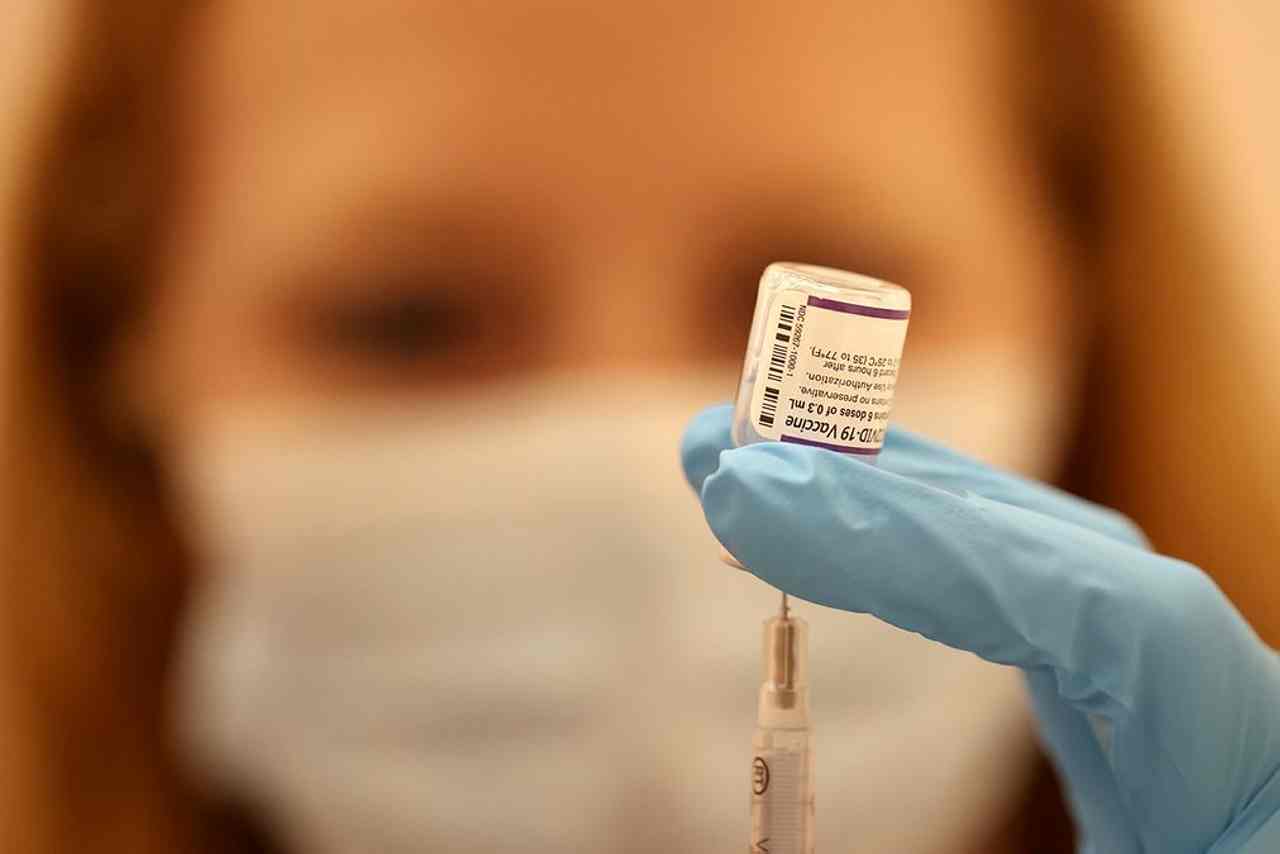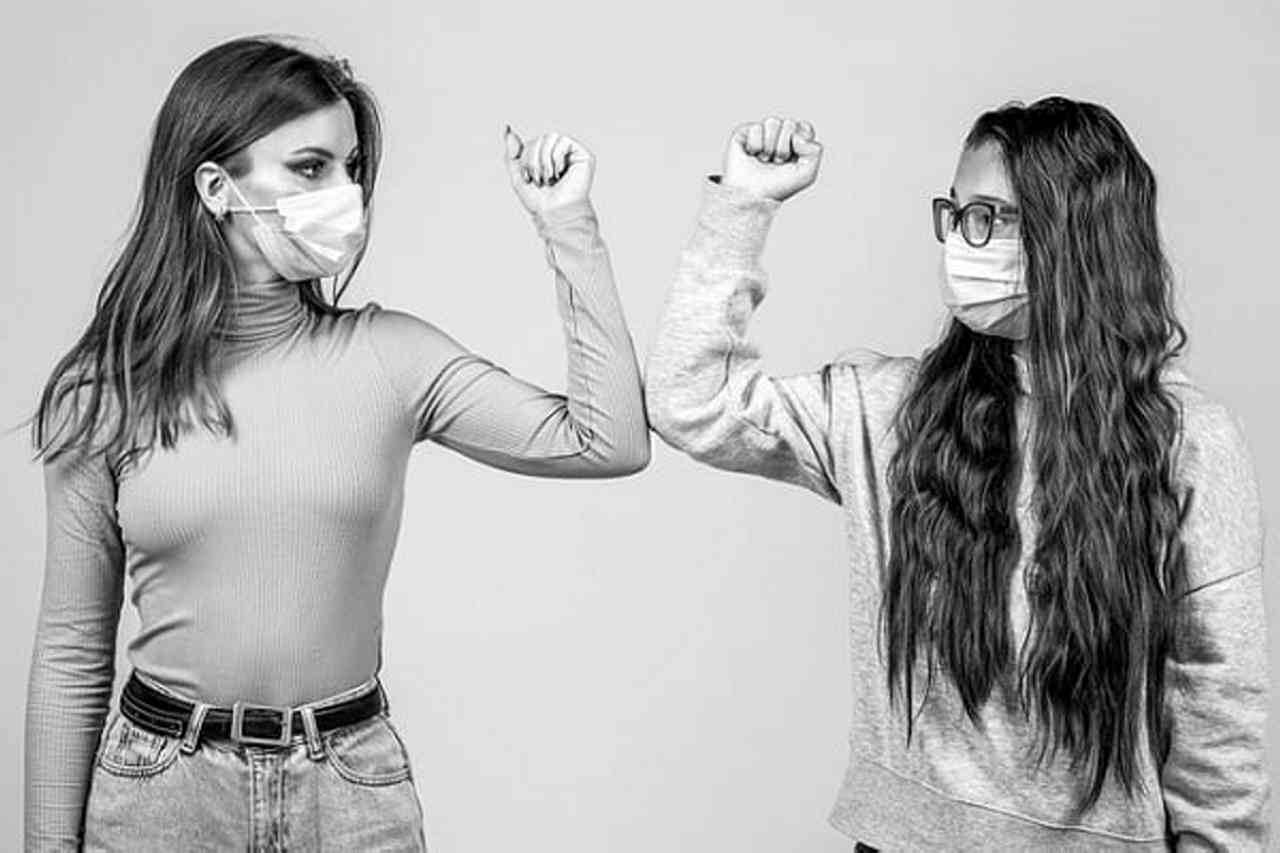In late March 2022, the U.S. Meals and Drug Administration (FDA) approved a second booster shot of COVID-19 vaccines for susceptible populations within the U.S., a transfer that was quickly after endorsed by the Facilities for Illness Management and Prevention (CDC). Folks ages 50 years and older and sure immunocompromised people who’re at larger threat for extreme illness, hospitalization and dying are eligible 4 months after receiving the preliminary booster shot.
A second booster shot is equal to a fourth dose for individuals who acquired a Pfizer-BioNTech or Moderna mRNA sequence or a 3rd dose for individuals who acquired the single-shot Johnson & Johnson vaccine.
In Israel, folks in these identical susceptible classes started receiving fourth doses in January 2022. The U.Ok. just lately began administering a fourth dose for folks 75 years and older and coined it a "spring booster." In Germany, these over 60 years previous at the moment are eligible for a fourth shot of the mRNA sequence.
I’m an epidemiologist on the College of Texas Well being Science Middle Faculty of Public Well being and founder and writer of Your Native Epidemiologist, a publication translating the most recent public well being science for on a regular basis use.
The newest suggestions have left many questioning concerning the significance of boosters for cover in opposition to COVID-19. Does the third shot wane over time? Is a fourth dose needed? What when you’ve had a earlier an infection?
After reviewing the mounting physique of analysis on how the immune system shifts over time following every dose, it’s clear that one other booster for susceptible populations has significant profit with little or no threat.
Contents
- Vaccine Effectiveness Following the First Booster Dose
- Knowledge on the Second Booster Dose/Fourth Shot
- What if You Had a COVID-19 An infection With Omicron?
Vaccine Effectiveness Following the First Booster Dose
There’s clear proof {that a} third dose of the mRNA sequence — or the primary booster dose — was and nonetheless is vital for guaranteeing a sturdy immune response in opposition to the omicron variant for all age teams. That is partially as a result of the immune response wanes over time and likewise partially as a result of omicron has confirmed to be partially efficient at evading immunity from the present COVID-19 vaccines and from prior infections.
However then the query turns into: How properly is immunity from the primary booster holding up over time?
The most effective real-time information to observe on vaccine effectiveness over time is within the U.Ok. The U.Ok. Well being Safety Company at present has follow-up information for 15 weeks after the third dose, or first booster shot. In its newest report, the effectiveness of vaccines in opposition to an infection wanes considerably after a 3rd dose. Within the U.Ok. report, vaccine effectiveness in opposition to hospitalization is holding up a lot better in comparison with effectiveness in opposition to an infection. However even safety in opposition to hospitalization is barely reducing over time. Whereas this information is insightful, 15 weeks of follow-up information is not very useful within the U.S. as a result of many Individuals bought their third dose as much as 24 weeks in the past.
A current examine assessed the sturdiness of a Moderna third dose after six months. Researchers discovered waning ranges of neutralizing antibodies six months after the booster. The CDC additionally discovered vital waning safety in opposition to emergency division and pressing care visits 5 months after the primary booster. Vaccine effectiveness in opposition to hospitalization decreased slightly however largely held up 5 months after the booster.
The research talked about above pooled all age teams. However researchers know that older adults do not mount as sturdy an immune response as youthful folks. This explains why breakthrough infections have occurred at a a lot larger charge amongst folks ages 65 and up. A current examine within the Lancet assessed the sturdiness of a 3rd dose amongst folks ages 76 to 96 years previous. Researchers discovered that the third dose improved neutralizing antibodies, however within the face of omicron, antibodies nonetheless dropped considerably following a booster.
Knowledge on the Second Booster Dose/Fourth Shot
Now that Israel has been delivering a fourth dose for a number of months, researchers have some information to depend on to evaluate its effectiveness. There are three research which were launched up to now, one which has not but been peer-reviewed.
In a single examine printed within the New England Journal of Medication, scientists assessed the charges of an infection and extreme sickness after a fourth dose — or second booster — amongst greater than one million folks ages 60 and older in Israel. The researchers discovered that after a fourth dose, the speed of COVID-19 an infection was two instances decrease than after a 3rd dose. Nonetheless, this safety shortly waned after six weeks. In addition they discovered the speed of extreme illness was 4 instances decrease in comparison with those that acquired solely three doses. It is necessary to notice, although, that hospitalizations amongst each teams have been very low.
Importantly, one other examine assessed the effectiveness of a fourth dose amongst youthful well being care staff in Israel. The outcomes confirmed that antibody ranges dropped considerably 5 months after the third dose. Sadly, the effectiveness of the fourth dose was no completely different from the effectiveness of a 3rd dose on this inhabitants of youthful well being care staff. In different phrases, there is probably not significant advantage of a second booster of the identical method for younger, wholesome populations.
Researchers carried out a 3rd examine, one which has not but been peer-reviewed, at a big well being care system in Israel amongst folks aged 60 to 100 years. Amongst 563,465 sufferers within the well being care system, 58 p.c acquired a second booster. In the course of the examine interval, 92 individuals who acquired the second booster died in comparison with 232 individuals who had solely the primary booster. In different phrases, the second booster equated to a 78 p.c discount in dying in comparison with the primary booster alone.
What if You Had a COVID-19 An infection With Omicron?
The mixture of being each vaccinated and having skilled a COVID-19 an infection is known as "hybrid immunity." Greater than 35 research have proven that hybrid immunity gives complimentary and broad safety. It’s because immunity from the vaccines targets the spike protein — after which the COVID-19 vaccines have been designed — and infection-induced immunity goals extra broadly on the entire virus.
So, it isn’t unreasonable to skip a second booster with a confirmed an infection of omicron. This does not imply that individuals ought to purposefully get SARS-CoV-2, the virus that causes COVID-19. However it’s clear that hybrid immunity is a viable path to safety.
Briefly, there’s sturdy proof {that a} fourth dose, or second booster, gives significant safety amongst susceptible populations, together with folks over 60. So one other booster is cheap for some teams. And whereas a fourth dose could profit a choose group, it’s much more necessary that individuals obtain their first, second and third doses.
Katelyn Jetelina is an assistant professor of epidemiology on the College of Texas Well being Science Middle at Houston. She receives analysis funding from the NIH, CDC, DOJ, NIOSH and several other nonprofit organizations. She is sole founder, proprietor and writer of Your Native Epidemiologist publication.
This text is republished from The Dialog underneath a Artistic Commons license. You could find the authentic article right here.







